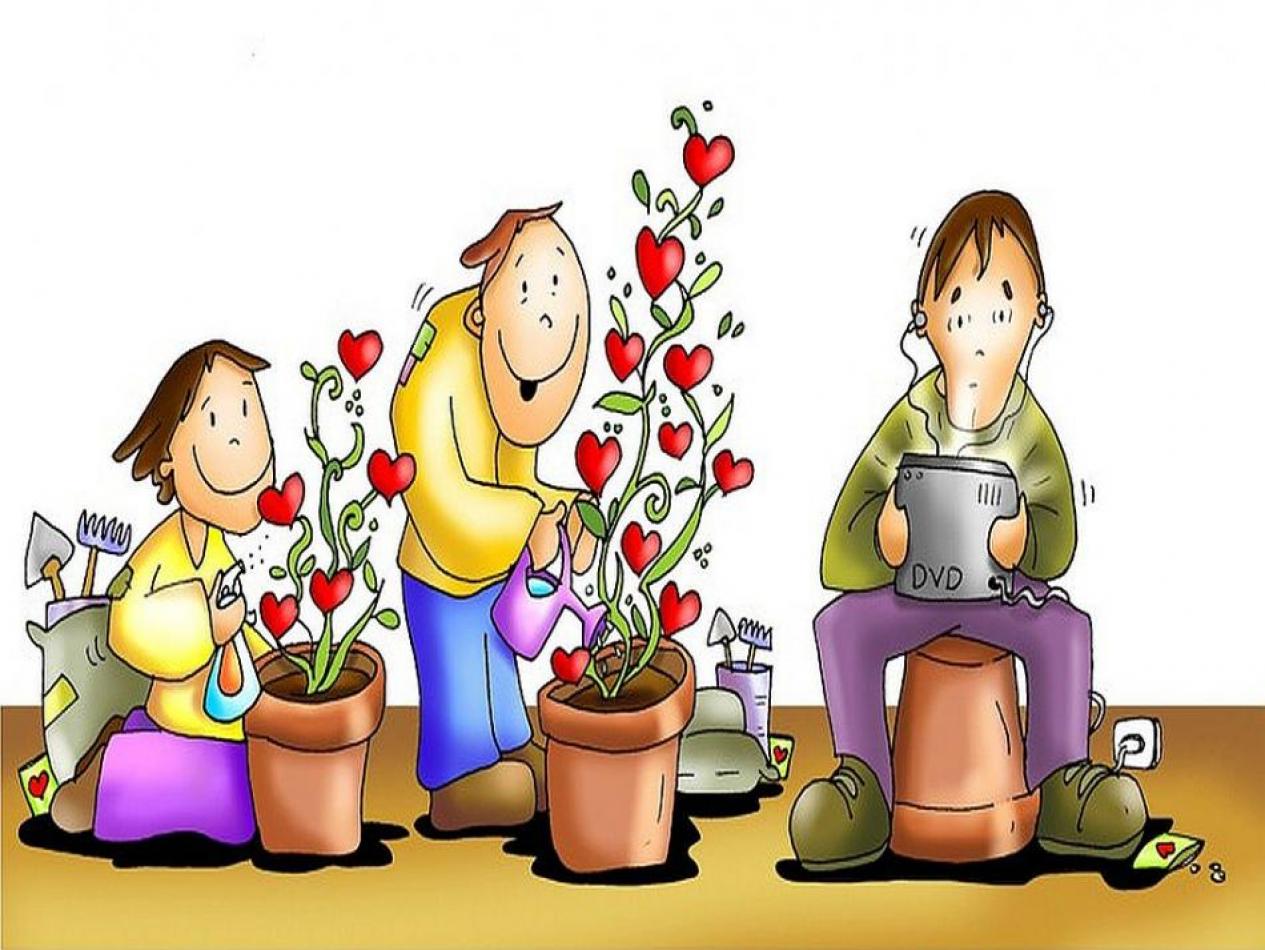Daniel Comboni
Comboni Missionaries
Institutional area
Other links
Newsletter
Faith and service are the themes of God’s Word this Sunday. We may focus more on the first or on the second aspect, but in the end we realise that the two virtues go together. Service is the measure of faith. [...]
Praise of Small Faith and Humble Service
“Increase our faith!”
Luke 17:5-10
Faith and service are the themes of God’s Word this Sunday. We may focus more on the first or on the second aspect, but in the end we realise that the two virtues go together. Service is the measure of faith.
The power of faith
The apostles said to the Lord: “Increase our faith!” The Lord replied: “If you had faith the size of a mustard seed, you could say to this mulberry tree, ‘Be uprooted and planted in the sea,’ and it would obey you.”
Faith is at the heart of the Word this Sunday. We encounter it in all three readings. In the first reading (Habakkuk 1:2-3;2:2-4), to the prophet Habakkuk’s prayer — “How long, Lord, must I call for help, and you do not listen?” — God replies: “The righteous one shall live by his faith.” The Gospel highlights a humble faith, which always recognises itself as small and insufficient, without the illusion of possessing the faith of the “great believers.”
Faith (pístis) and to believe (pisteúō) occur very often in the New Testament, more than 240 times each. In the Old Testament, believing is expressed by a verb that has the same root as the word AMEN, which means “to lean on God,” as on a solid and stable rock.
Today the apostles make a beautiful prayer: “Increase our faith!” It is similar to that of the father who asked Jesus to heal his son: “I believe; help my unbelief!” (Mk 9:24). A prayer we all surely share, because it is essential in order to be disciples of Jesus. It bursts spontaneously from the lips of the Twelve as a reaction to their own powerlessness in the face of Jesus’ demand to forgive a brother even seven times a day.
Jesus’ reply might seem disconcerting and discouraging, almost a rebuke of the apostles’ little faith. They did not even have a faith as great as the tiny mustard seed, considered the smallest of all seeds. Yet I would say that Jesus’ words are rather an unexpected praise of the power of faith. In fact, faith is able to uproot a centuries-old tree, such as the mulberry tree or (perhaps) the sycamore, both of which have very deep roots and are difficult to remove. They symbolise what is stable and immovable — precisely to highlight the extraordinary power of faith. “Everything is possible for the one who believes” (Mk 9:23).
Without faith we cannot live, either as Christians or as human beings. Faith is not only trust in God but also trust in the beauty of life, in the goodness of people, in the future of history. It is trust in the other — the foundation of every human relationship and coexistence.
Faith is a gift. A natural gift which is manifested in the spontaneous trust we have in life. A supernatural gift which is born from listening to the Word of God. Yet the grace of faith must not be taken for granted. Jesus once exclaimed, in a striking and troubling way: “But when the Son of Man comes, will he find faith on earth?” (Lk 18:8).
This gift can weaken, diminish, even vanish. We hope this does not happen irreparably, forever. St Paul says to his beloved disciple Timothy (second reading): “I remind you to rekindle the gift of God that is within you.” To say “rekindle,” he uses a Greek verb (anazōpurein) that appears only twice in the Bible and means “to fan into flame the fire beneath the ashes.” Without constant care, the ashes of unbelief risk suffocating the flame of faith.
And so a prayer springs spontaneously from our hearts: Come, Holy Spirit, Breath of life, come and blow upon the ashes that cover our faith.
Are we worthless servants?
The second reality that emerges from the Word is service. A humble service, as servants, as Jesus says in the second part of the Gospel passage:
When you have done everything you were commanded to do, say: “We are worthless servants. We have done only what we ought to have done.”
The expression “worthless servants” may seem disrespectful regarding our service. No one considers themselves a “worthless servant.” In fact, the translation does not seem accurate. It would be better to translate “unnecessary servants” or “mere servants.” We can all be useful, but none of us is indispensable. Except for the Servant par excellence, Jesus, who came among us as the one who serves (Mk 10:45). No one can boast of the service they render. In the end, everything is God’s gift. “What do you have that you did not receive?” Paul asks us (1 Cor 4:7).
In reality, it is an honour for us to be servants of the Lord. In Scripture, “servant” is an honourable title, when linked with a great figure. How much more so to be servants of God! Figures such as Moses, David, the prophets, and the apostles are called “servants of the Lord.” In being servants we do not lose our dignity; we recover it. Jesus expresses this well in another passage: “Blessed are those servants whom the master finds awake when he comes; truly I tell you, he will fasten his belt, have them sit at table, and he will come and serve them” (Lk 12:37).
For personal reflection and prayer
Come, Spirit of God, blow upon the ashes that cover my faith:
– the ashes of a conformist, routine faith,
– the ashes of an opportunistic faith in a “God of the gaps,”
– the ashes of a capricious, childish faith,
– a faith that makes demands, of “everything at once,”
– the ashes of a defeatist, resigned, sad, disappointed faith,
– a faith extinguished, lived without passion, which expects nothing more!
Come, Spirit of Fire, rekindle my faith and make it:
– a humble faith, lived in service, like Jesus my Lord,
– a faith on the way, that accepts limits and weaknesses,
– a faith not scandalised by the sins of others,
– a faith that does not give up, passionate and contagious,
– a faith for times of crisis, not based on external supports,
– a faith that abandons itself to the Mystery, without asking so many “whys”!
Spirit, Ineffable Gift of the Father, grant me the gift of faith:
– the faith of the centurion, for whom one Word is enough,
– the faith of the Canaanite woman who never tires of knocking at the heart of Christ,
– the faith of the sinner who weeps for her sins at the feet of the Master,
– the faith of the woman for whom it is enough to touch the fringe of Jesus’ cloak,
– the faith of Joseph, who obeys God in silence,
– the faith of Mary, who proclaims herself the servant of the Lord!
Fr Manuel João Pereira Correia, mccj




